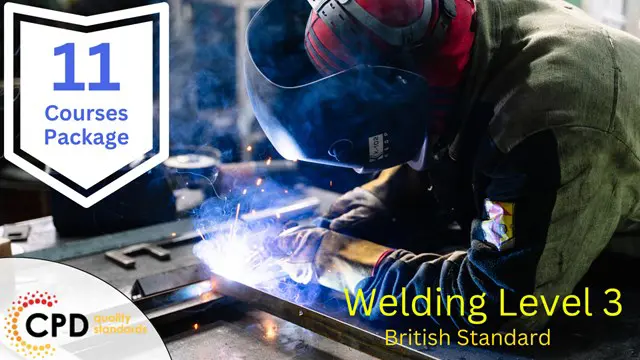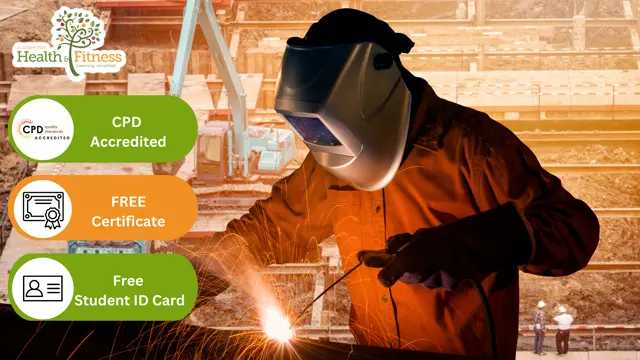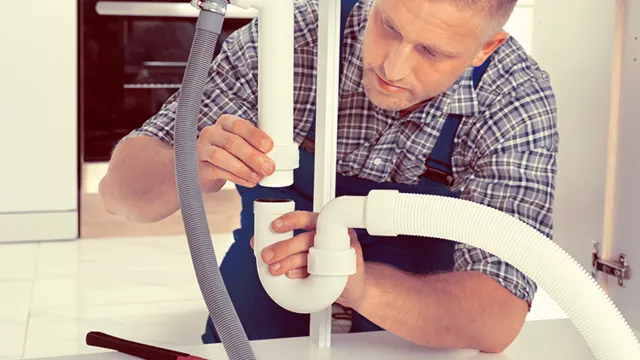Welding Level 3 Diploma - CPD Certified
Apex Learning
Spring Sale | 11-in-1 Bundle| CPD Accredited | 115 CPD Points| Gifts: Hardcopy + PDF Certificate + SID
- 15 students
- Online
- 39 hours · Self-paced
- Certificate(s) included
- 110 CPD points
- Tutor support
Are you interested in learning about welding jobs or wanting to become a professional in this field? Then this Welding course is for you. If you want to enhance your career in this industry, this course is brimming with information about welding employment. Enrol Welding Level
…





